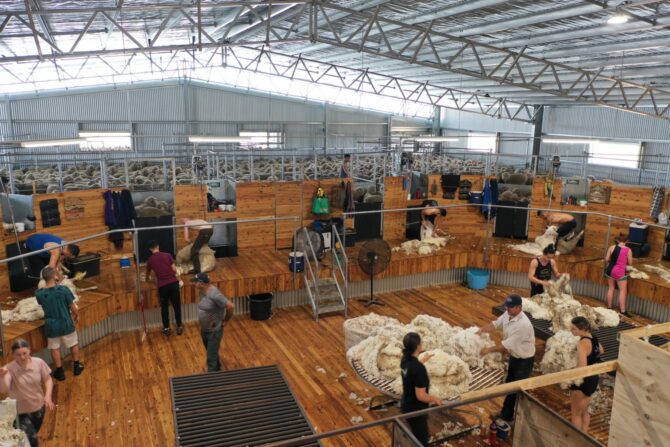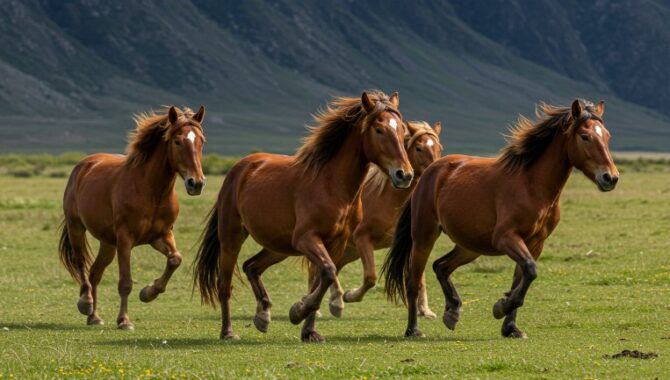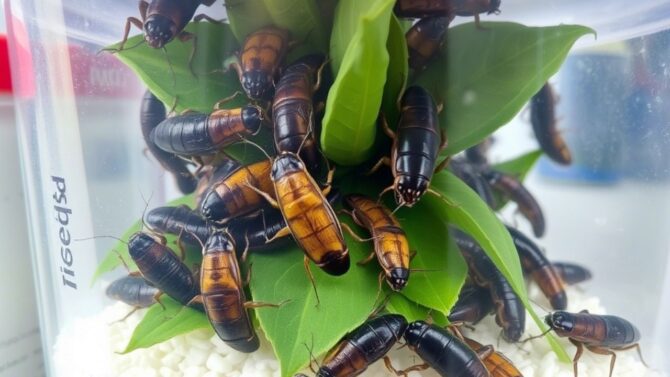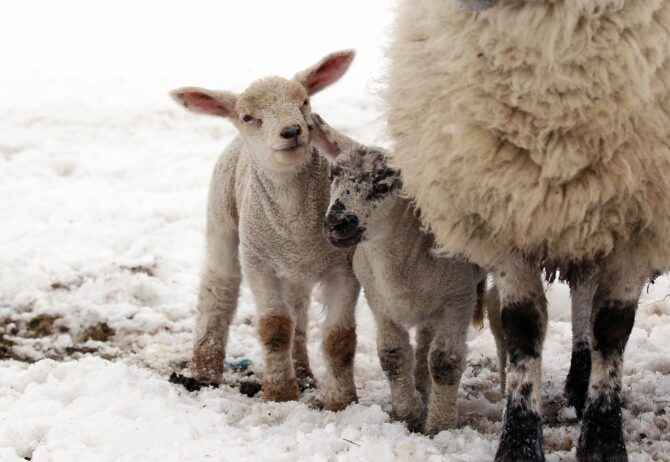Ever since I was a child, I enjoyed watching horses and wished to have one as a pet. They’re so elegant and powerful, I love them! But how long can we expect these fascinating creatures to accompany us through life?
Today, we’ll explore what influences their years and how we can potentially enrich their time with us.
The Basics

A horse’s lifespan is influenced by a myriad of factors including genetics, care, environment, and work.
On average, domestic horses live between 25 to 30 years, though it’s not unusual for horses to live into their 30s with good care.
The oldest recorded horse lived to be 62! Differences in lifespan can often be traced to the inherent characteristics of various horse breeds.
| Horse Breed | Average Lifespan (Years) |
|---|---|
| Arabian | 25-30 |
| Thoroughbred | 20-25 |
| Quarter Horse | 25-35 |
| Clydesdale | 20-25 |
| Shetland Pony | 25-30 |
| Miniature Horse | 25-35 |
| Andalusian | 20-25 |
| Belgian Draft | 18-24 |
| Appaloosa | 25-30 |
| Friesian | 16-20 |
| Morgan | 20-30 |
| Paint Horse | 20-30 |
While smaller breeds like the Shetland pony often live longer, larger breeds like the draft horse might have a slightly shorter lifespan.
Wild vs. Domestic Horses
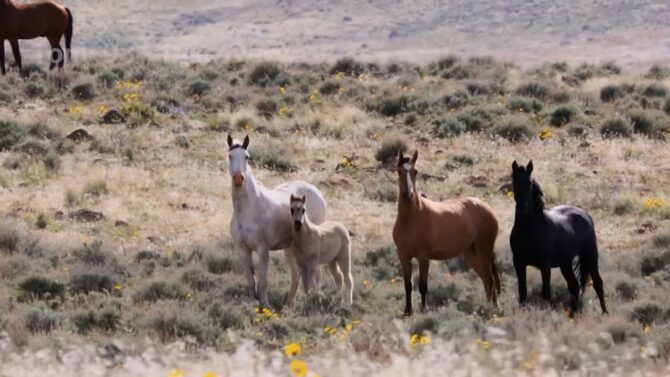
Wild horses generally have a shorter lifespan compared to their domestic counterparts, often reaching only 15 to 20 years.
This discrepancy can be attributed to the harsh realities of the wild where food scarcity, predators, and environmental factors play a pivotal role.
In contrast, domestic horses benefit from regular veterinary care, balanced nutrition, and protection from predators.
However, they also face their own set of challenges like possible overwork and confined living spaces which could potentially impact their longevity.
Factors Affecting Their Lifespan
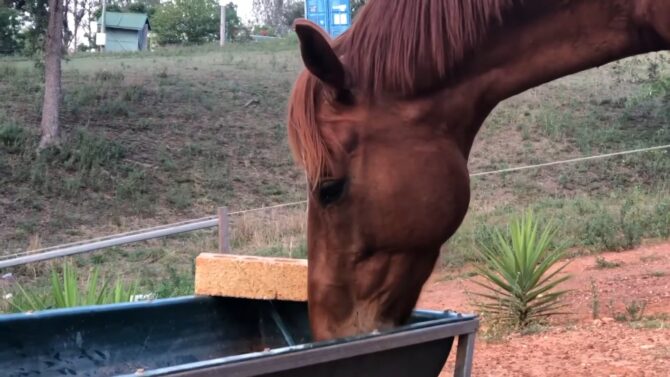
A thorough understanding of the determinants of a horse’s lifespan is crucial. It helps horse owners provide optimal care and anticipate potential challenges.
Genetics
Genetics plays a significant role in determining the potential lifespan of a horse. Some lines within breeds have reputations for longevity, while others might be predisposed to certain health issues.
It’s always a good idea for potential horse owners to research the lineage of a horse, as it can provide valuable insights into its potential lifespan and predisposition to certain diseases.
Diet and Nutrition
Proper nutrition is the cornerstone of a horse’s health and longevity. Horses require a balanced diet, rich in fiber and tailored to their specific needs based on age, workload, and health status.
A malnourished horse can suffer from a range of health issues, from weakened immune systems to digestive problems.
On the other hand, overfeeding can lead to obesity-related complications like equine metabolic syndrome.
Health Challenges and Care
With age, horses face numerous health challenges. However, with vigilant care, many of these challenges can be managed or even prevented.
Common Health Issues
As horses age, they become susceptible to several health issues. Arthritis, dental problems, respiratory issues, and diminished liver or kidney function are among the common ailments in older species.
Regular check-ups can help detect and address these issues early on.
Many older horses also benefit from dietary adjustments, supplements, or medications that target their specific health concerns.
Preventative Care
One of the best ways to ensure a long and healthy life for a horse is through preventative care. This includes regular veterinary check-ups, vaccinations, deworming, and dental care.
Proactive care not only prolongs the life of a horse but also ensures a better quality of life. This way, even as they age, they can remain active, comfortable, and happy.
The Role of Environment
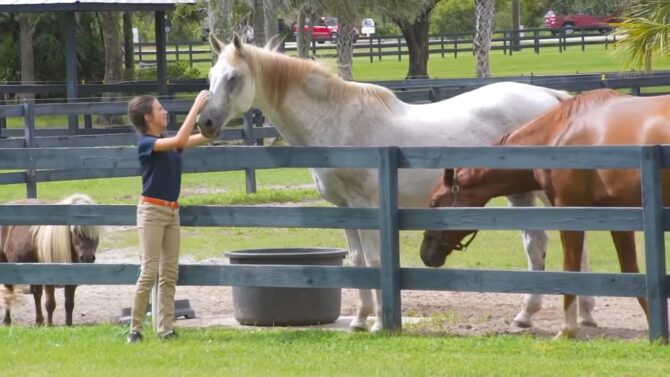
The surroundings in which a horse lives can deeply influence its well-being and life expectancy. A stable environment provides both physical and emotional comfort.
Living Conditions
Living conditions significantly impact a horse’s longevity. Horses require clean, dry stables or shelters to protect them from harsh weather conditions. Overcrowding or damp living conditions can lead to respiratory problems and infections.
In addition, the kind of footing in their exercise and living areas matters. Soft, uneven grounds can lead to musculoskeletal issues, while too-hard surfaces might cause hoof problems.
Social Interaction
Horses are inherently social animals. Their well-being and mental health are greatly enhanced when they have the opportunity to interact with other horses. Loneliness can lead to stress, which can negatively impact their overall health.
The herd dynamics, however, should be monitored. Bullies or aggressive horses can cause injuries or stress to others, affecting the overall lifespan of the bullied horse.
Breeds and Lifespan Variation
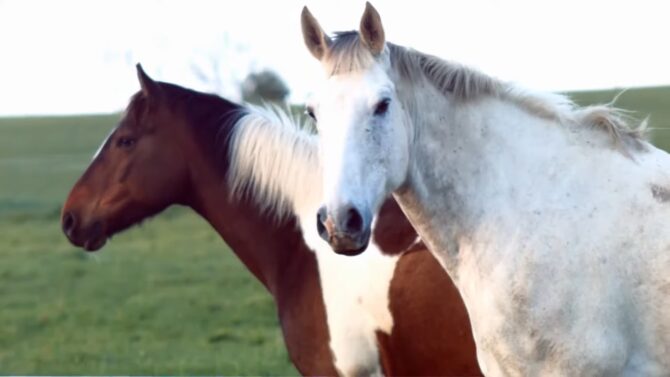
While the general average lifespan of horses sits between 25 to 30 years, individual breeds can showcase significant variations.
Small Breeds
Smaller horse breeds, like the Shetland pony and Miniature horse, often exhibit longer lifespans, sometimes surpassing 30 years. Their compact size may lead to fewer joint issues and other health complications seen in larger breeds.
However, these breeds also have their own set of health challenges, like dental problems or metabolic disorders, which need attentive care.
Large Breeds
Larger breeds, such as Clydesdales or Belgian drafts, typically have slightly shorter lifespans. Their massive size puts more strain on their joints and internal organs, which can lead to health complications earlier in life.
Nevertheless, with proper care, regular exercise, and balanced nutrition, even these giant breeds can live fulfilling lives well into their late twenties.
Training, Workload, and Rest

The amount of work a horse does, combined with proper training and ample rest, plays a pivotal role in its overall lifespan.
Appropriate Training
Training should always be age-appropriate. Young horses shouldn’t be overworked, as their bones and joints are still developing. Proper training techniques reduce the risk of injury and ensure the horse isn’t subjected to undue stress.
Training also mentally stimulates the horse, keeping it alert and engaged, which can be beneficial for its overall well-being.
Balancing Work and Rest
Just as important as work is the rest. Overworking a horse, especially without adequate rest periods, can lead to fatigue, injuries, and long-term health problems.
It’s crucial to balance active periods with time for the horse to relax, graze, and socialize. Regular breaks, combined with yearly vacations or extended periods of light work, can significantly enhance a horse’s lifespan and quality of life.
The Emotional Life of Horses
Horses, like humans, have emotional lives that can influence their physical well-being. Understanding and catering to these emotions can lead to a longer, happier life.
Stress Factors
Horses can experience stress from various sources: sudden environmental changes, loss of a companion, or even inconsistent handling by their caretakers. Chronic stress can suppress the immune system, making them more susceptible to diseases.
To ensure a horse’s emotional health, it’s vital to monitor changes in their behavior, as these can often be indicators of underlying stress or discomfort.
Building Trust
A strong bond between a horse and its owner can significantly improve its emotional well-being. Building trust through consistent handling, training, and care creates a sense of security for the horse.
A horse that trusts its environment and handlers is less likely to develop stress-related health issues, subsequently enhancing its potential for a longer life.
Reproductive Considerations
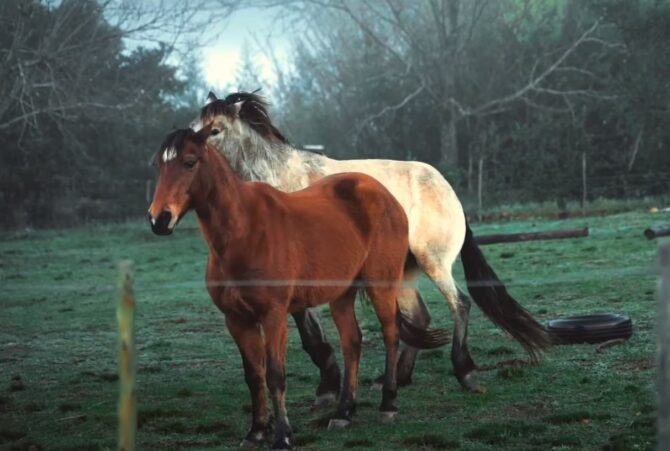
Whether or not a horse is used for breeding can also impact its lifespan, primarily due to the physical demands and potential complications associated with reproduction.
Mares and Breeding
While many mares can have healthy foals well into their late teens, frequent breeding can take a toll on their bodies. Complications like dystocia, placentitis, or post-foaling infections can arise, affecting their overall health and longevity.
It’s crucial to provide mares with ample post-foaling care and give them breaks between pregnancies to ensure their long-term health.
Stallions and Breeding
Stallions, too, face their set of challenges. Although they don’t bear the physical burden of carrying a foal, they can still suffer from breeding-related injuries or infections.
Regular veterinary check-ups and a well-maintained breeding environment can help prevent these issues, ensuring a long and healthy life for the stallion.
Advancements in Equine Medicine
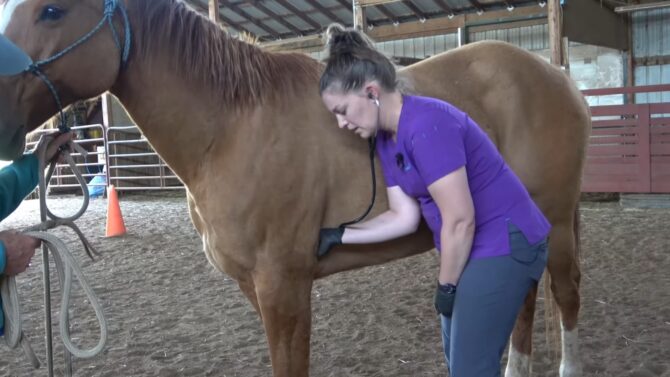
With rapid advancements in veterinary medicine, many conditions that once shortened a horse’s life can now be managed or cured, leading to increased lifespans.
Improved Diagnostic Tools
Technologies like digital radiography, ultrasound, and MRI have revolutionized equine diagnostics. These tools allow for early detection of potential health problems, ensuring timely and effective treatment.
By catching issues early, treatments can be less invasive and have better outcomes, thereby improving the quality and duration of a horse’s life.
Treatments and Therapies
Beyond diagnostics, the field of equine medicine has seen advancements in treatments and therapies.
From stem cell therapy for joint issues to specialized surgeries for various conditions, horses have a better chance at recovery and a healthy life than ever before.
Regular check-ups, combined with the use of modern medical treatments, ensure that these lovely animals live not just longer, but healthier lives.
FAQs:
Do horses age similarly to dog years or human years?
Unlike dogs, which have a generalized “dog year” conversion, these animals don’t have a straightforward age translation to human years. However, a horse’s first two years equate to roughly 13 human years each, and after that, each horse year is equivalent to about 3 human years.
How can I tell the age of a horse if I don’t know its birthdate?
The most common method used to estimate a horse’s age is by examining its teeth. Wear patterns, shape, and the eruption of specific teeth can give clues about the horse’s age. However, this method becomes less accurate as the horse gets older.
Can they live longer in certain climates or regions?
Climate can influence the overall health of a horse, but it’s more about the quality of care the horse receives than the location itself.
That said, temperate climates where extreme cold or heat is avoided can be more conducive to longer horse life, mainly because of the reduced stress and fewer disease vectors like insects.
Do male or female horses generally live longer?
There isn’t a significant difference in the lifespan between male and female horses if all other factors (care, environment, health, etc.) are consistent. However, continuous breeding can have an impact on a mare’s health and potentially reduce her lifespan.
Are there any specific diets or supplements recommended for aging horses?
As they age, their dietary needs change. Senior horses may require feeds that are easier to digest and have higher nutrient content. Supplements might be needed for joint health, digestion, or other specific concerns.
It’s essential to consult with a veterinarian or equine nutritionist to tailor a diet to an aging horse’s individual needs.
The Bottom Line
The lifespan of horses (which is usually between 25 and 30 years) is influenced by various factors, including genetics and care. While we wish for long lives with our equine friends, it’s essential to focus on providing them with a quality life.
Ultimately, the bond and memories we share with them matter most.



